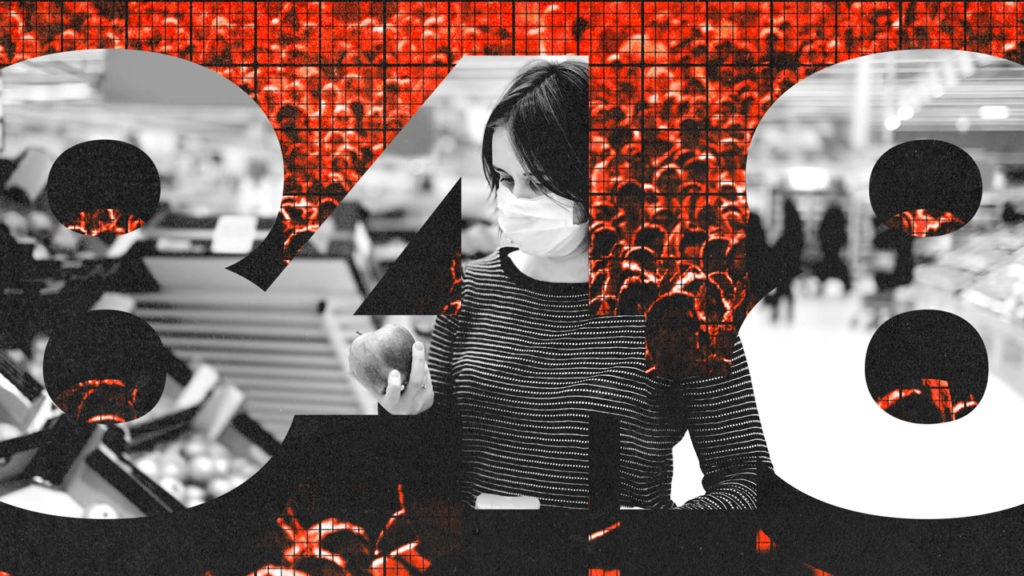As worries over COVID-19 remount, the Conference Board’s consumer confidence index plunged to a reading of 84.8 in August, the lowest since May 2014. In July, the reading was 91.7.
The decline, which marks the second consecutive monthly decrease in consumer confidence reported by the Conference Board, is based on consumers’ assessment of the current labor market and incomes.
Consumer perception of the job market plummeted to a score of -3.7 in August, down from 2.2 in July—figures that reflect recent unemployment rates reported by the US Department of Labor.
From August 16 to August 22 alone, just over a million people applied for unemployment insurance. In total, about 27 million people are receiving some form of unemployment.
The grim outlook is in part due to the federal government canceling $600 weekly unemployment checks at the end of July.
Consumers also have doubts about their incomes, as the number of respondents anticipating an increase in pay dropped to 12.7 percent in August, down from 14.8 percent in July. Those who expect a decline in their income increased from 15.8 percent in July to 16.6 percent in August.
“This reinforces our view that a V-shaped recovery will not happen, the U.S. economy is unlikely to recover all of its lost output until mid-2022,” James Knightley, chief international economist at ING in New York, told Reuters.
The Conference Board’s data reinforce the findings of a consumer survey conducted by Dunnhumby, whose “Worry Index” reached 29 percent in August, up six percent from June and just below the 30% it reached at the pandemic’s start.
In addition, Dunnhumby’s survey revealed people’s concerns about the cost of food, with 42 percent saying they’ve noticed an increase in food prices since the beginning of the pandemic.
Despite a surge in online grocery shopping, in-store grocery trips account for 65 percent of all food trips, according to Dunnhumby. Still, 27 percent worry they could become exposed to COVID-19 while at the grocery store.

